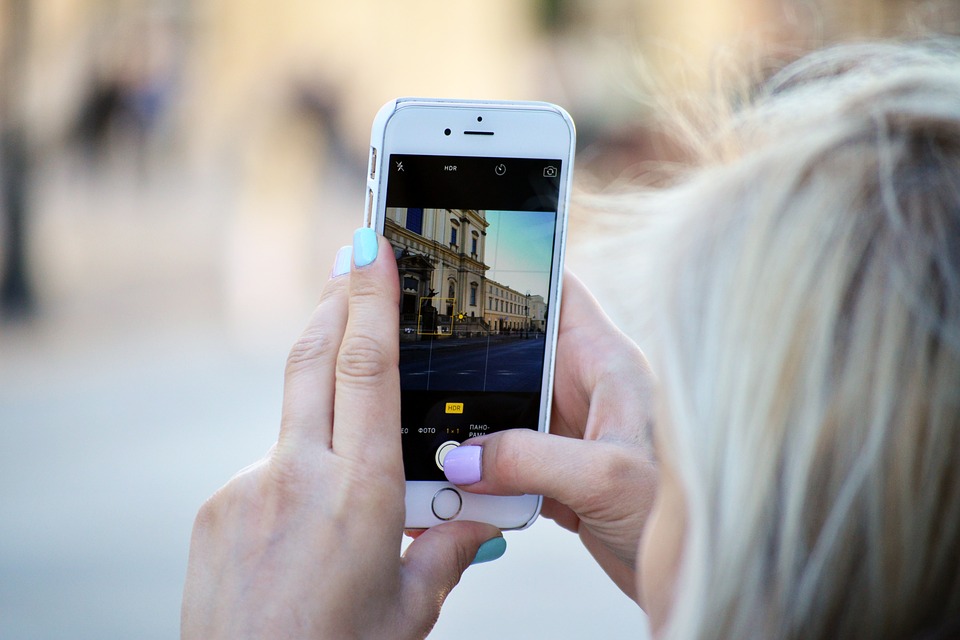Social media is fundamentally about identity labour. Everything we post on our Instagram and how we shape our Facebook profile are ways of performing highly curated renditions of identity. This includes ephemeral platforms like Snapchat, where we share fractions of our curated lives. We take a snippet of ourselves, add a filter or two, scrub away our pixelated blemishes and present it to our cyber-audiences.
Identity labour intensifies in highly surveilled spaces. The sociologist Mark Andrejevic has written extensively on the topic of lateral surveillance, which is “not the top-down monitoring of employees by employers, citizens by the state, but rather peer-to-peer surveillance of spouses, friends, and relatives.” Lateral levels of surveillance have immediate and constant impacts on our reputation — and thus moves us to tinker with the minute aspects of our digital existence.
There is an extensive literature on how “big brother” watches us from the creepy dark places of the Internet. A rush of algorithms that sweep through our (meta)data and build elaborate consumer profiles for tailored advertisements. And the even shadier practices of the NSA who construct security profiles from our browsing. These are certainly serious issues — but most people seem apathetic to them. They cause no immediate impact on the average person’s life.
However, your friends and family, who may be constantly updated about the happenings of your life via statuses and tweets, carry the collective ability to shape your perceived identity. This can have a severe impact on a person’s life chances.
Sometimes peer-to-peer surveillance can be playful, as the work of Anders Albrechtslund illustrates emancipatory and creative content posting. At times, you might wonder whether or not you should post that Marxist meme to your wall. It might be because your family frowns on socialist politics, or it might be that you are to tired for a vicious Facebook debate.
But identity labour can also be very serious and contain tangible consequences. The experience of coming out of the closet as a queer person might have social ripples that lead to stigma, deleted friends, and ostracization from family members. Identity labor might prevent someone who is experiencing mental health issues to seek help over their networks for fear of reprisal.
Identity labuor can also be more subtle. The gaze of everyone around you might soften your political stances as you carefully calibrate connections in your networks. Think about how you think about every photo you post to your Instagram.
Worse still is a phenomenon that Alice Marwick and danah boyd call context collapse. When we perform our identity in corporeal life, we calibrate our performance based on a particular context and our imagined audience. Are we going to work? To the bar? We seamlessly move through the many contexts of our social life, tailoring our performances in ways that feel appropriate.
On most conventional social media platforms, these contexts become blurred into one. We no longer have a stable imagined audience — we update our statuses for everyone. Furthermore, depending on how your privacy settings are tailored, you might have an audience of strangers to contend with. Unfortunately, in a complex array of social settings, one performance does not fit all.
This is a hard politics to deal with as it is so embedded with our day-to-day routines. It is the politics that we are forced to face in a world that has become saturated with social media connections. It is not as simple as quitting social media — even if we dislike a world of constant identity labor — having access to social media is key cultural capital. If you want to make change, you must play the game that everyone else is playing.
For those of us who breath activism and politics in cyberspace — we need to contend with this blend of surveillance and power. As Nora Loreto asserts, there are real limits to activism over Facebook. Perhaps, as Loreto points out, we spend far too much energy on our social media. We need to take a step back and spend some time untethered from the network in the presence of each other.
Regardless, we need to learn to live with the consequences of social media in an already highly contentious society.
Image: Pixabay
Like this article? Please chip in to keep stories like these coming.





